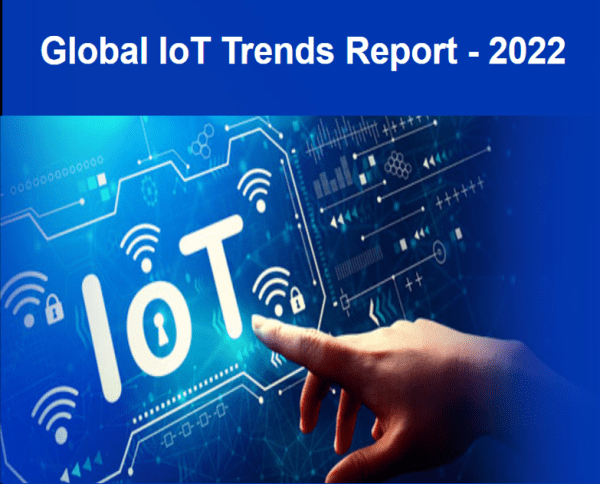

(Source: Newark)
Engineers are increasingly deploying artificial intelligence (AI) to improve their products and increase the return on investment in their systems, according to Newark's fourth annual Global IoT Survey (Avnet). A survey of 2,263 engineers and others involved in development of IoT solutions, also found that companies are establishing partnerships to drive the development of new IoT solutions.
The survey shows a significant increase in the use of AI over the past period. year. The number of respondents using AI increased to 56% from 39% in the previous year's survey, with 26% expected to consider using AI in the future. The most popular use of artificial intelligence is preventive maintenance (16%), followed by robotics (12%), image classification (11%) and business intelligence (10%).
Engineers are also finding more uses for AI in their IoT projects. The number of respondents who thought AI was not useful decreased from 32% in 2021 to 13% in 2022. Only 3%s said they did not understand AI compared to 13%s last year.
Here are some key takeaways that can be useful for both IoT developers and system integrators.
The survey shows that companies are discovering new and varied ways to implement IoT in various industry sectors. Although 30% survey respondents cited productivity and production improvement as the primary value of IoT, a variety of IoT applications are being used, including business intelligence and others. data analytics (18%), customer service (17%), operations (15%) and mobile applications (11%).
In five years, the survey participants believe that Industry 4.0 (18%), followed by energy management (16%), home automation (15%), AI (14%) and automotive/transportation (11%) will be the top IoT industries. Compared to the previous year's survey, the level of energy management has made some progress, increasing from 10%.
Sensors play an important role in IoT development and are used in a wide range of applications. The most popular application to date is the environmental sensor (34%), followed by motion sensors (15%), optical/image sensors (15%), location sensors (10%), health monitoring (8%) and sound detection/recognition (5%). . However, 13% respondents reported that they do not use sensor technology in their IoT projects.
When asked about their key concerns about IoT adoption, they are most concerned about security (37%), followed by connectivity (29%), interoperability (22%) and ecosystem (10%).
In terms of hardware platforms, survey respondents mostly use single-board computers or SBCs (50%). This is followed by custom hardware (31%) and manufacturer development boards (19%). Their most preferred SBC is the Raspberry Pi (46%), followed by the Arduino (26%). As for development platform vendors, STMicroelectronics (28%) and Microchip (23%) topped the list. Other vendors named include NXP, Avnet, Infineon, Xilinx and Renesas.
Preferred development platform (Source: Newark)
The survey also shows that there is a growing trend toward partner collaboration, which is critical for most companies developing IoT solutions, Newark said. The results show that 34% companies never take the lead role in development and sometimes take the lead role, indicating strong relationships between the organizations, the company said.
Learn more about Newark
Source: electronicproducts.com










